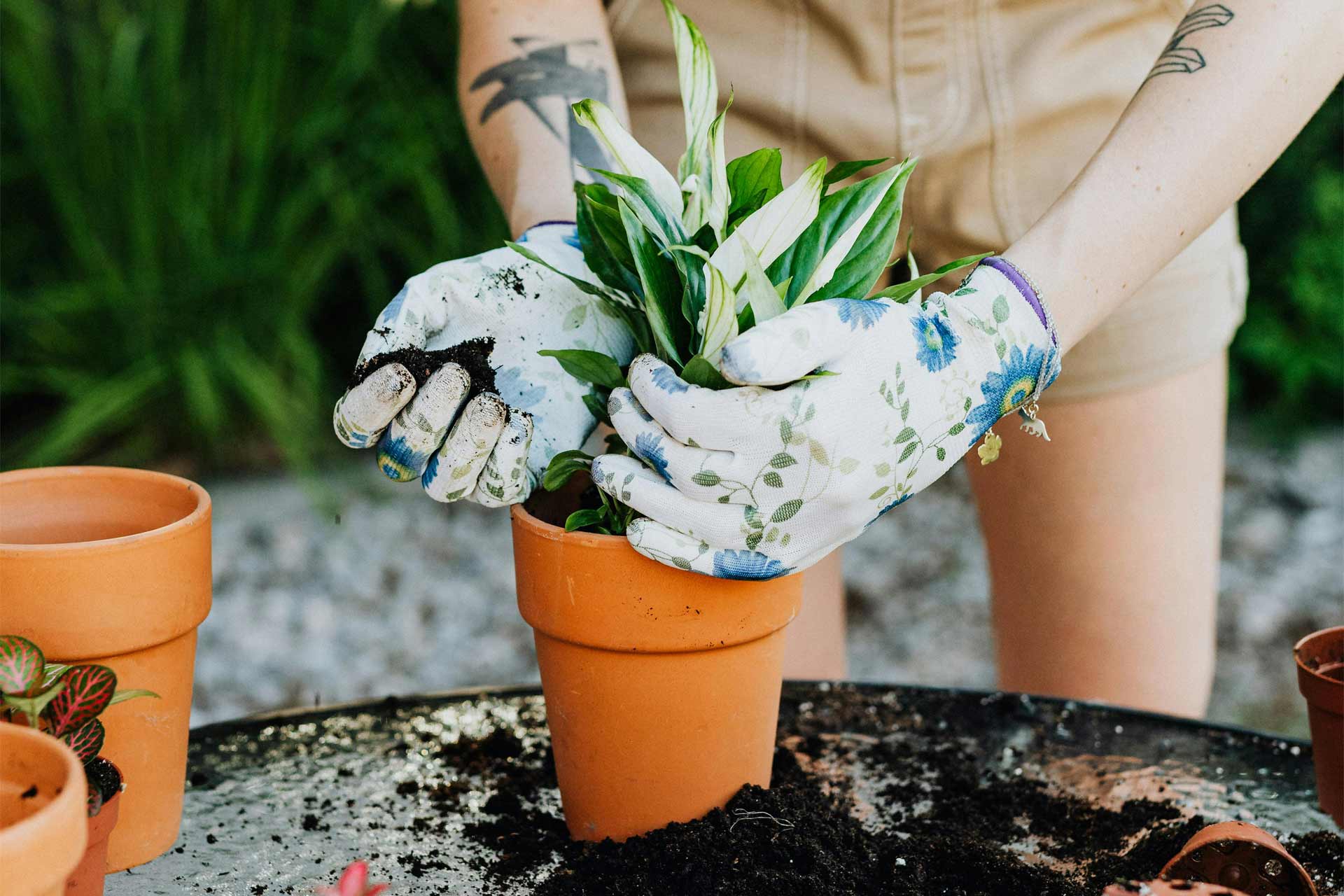Below are some tips for tending to our mental health and sowing seeds for personal growth during these stressful times.
Foster a healthy foundation
A solid, healthy foundation is crucial for addressing difficulties when they arise in the garden and in the mind. Good self-care is necessary (but not always sufficient) for managing obstacles. Just as plants need good soil, appropriate sun and water to thrive, we also need adequate nutrition, good sleep, regular exercise, appropriate medical care, relaxation and recreation.
Managing stress levels helps foster resilience and creativity. For humans, this means engaging in coping skills like mindfulness, deep breathing, muscle relaxation and other various grounding techniques (e.g., humming, five senses exercise, etc.). It means setting appropriate boundaries for yourself and others and extending compassion to yourself and others. Planting the right seeds, or identifying and prioritising our core values, gives us a roadmap for moving forward.
Build and maintain connections
Much research exists regarding mutually beneficial relationships in the natural world. In “Building your Resilience,” the American Psychological Association writes; “Connecting with empathetic and understanding people can remind you that you’re not alone in the midst of difficulties.
Focus on finding trustworthy and compassionate individuals who validate your feelings, which will support the skill of resilience.” Reaching out to friends and family to support and be supported, engaging in fun family activities, trying out new parenting/other relationship strategies or engaging in random acts of kindness can positively impact mood and health, deepen connections and provide a sense of belonging for everyone involved. Thriving during stressful times is possible when you have an awesome support system!
Foster positive activity in your garden
Weeds happen, and when they do, we have a choice to make: Do we continue to allow them to grow, or do we take steps to mitigate them? Negative thoughts are the weeds in this metaphor, and we have the power to take steps to manage our negative thoughts, but it requires the knowledge that they are there, alongside positive thoughts, “pushing up and working under the earth.”
To mitigate negative thoughts, we can manage stressors that might be contributing to their intensity, like how much exposure to media and social media we allow ourselves. Instead of accepting our reality, we can also manage expectations about what we “should” be, or what we would like to be. And we can embrace change as an opportunity for growth, stay committed to values-based living within stressful situations, and work toward finding workable solutions to issues when they arise.





